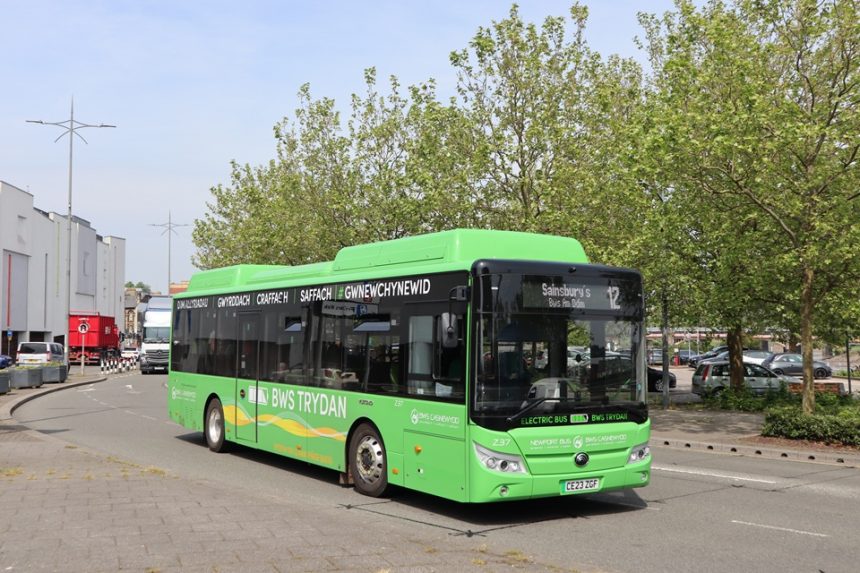ALBUM is another trade body to air worries about how potential fallout from bus franchising in Wales will impact the country’s SME operators, which could be marginalised by the reform planned by the Welsh Government according to the Association.
It adds that a similar threat faces the country’s two municipal operators in Cardiff Bus and Newport Transport, which could be destabilised. Concern around the outcome for SMEs and municipals in Wales are compared by ALBUM to the reality in Greater Manchester, where only one SME was awarded Bee Network franchise contracts.
The Coach and Bus Association Cymru and the Confederation of Passenger Transport Cymru have both already sounded caution over the trajectory of franchising in Wales, with questions raised over affordability and deliverability.
“Franchising alone is not a silver bullet,” ALBUM says. “Structural reform must go hand-in-hand with operational improvements and sustained investment in infrastructure and passenger experience.”
It adds that any reregulation model in Wales should “be explicitly SME-friendly,” with suitably sized lots, reasonable and proportionate tendering requirements and avoidance of excessive bureaucracy among its policy call.
As with the other trade bodies, ALBUM recognises that franchising may have a role to play in future delivery of bus services in Wales, although it notes that reregulation is only one option for reform.
“Enhanced Partnerships, for instance, have delivered significant improvements elsewhere, allowing for joint investment, service planning and innovation without excluding trusted local partners,” the organisation adds.
It thus wants “a measured, inclusive and evidence-led approach” to reform that tackles the underlying challenges facing the bus industry in Wales. Addressing congestion and providing sufficient capital and revenue funding for bus services are key to those.
A further parallel is drawn with the Bus Services (No.2) Bill in England, which ALBUM says “acknowledges the value of different approaches,” and associated work on franchising pilots that reflect a need for flexibility and observance of local needs.
Nevertheless, “Wales, with its unique geography, demography and operator base, must adopt a model that is right for its communities – not simply replicate approaches from elsewhere,” the Association adds.
It notes how for franchising or other methods of reform to be worthwhile, each respective avenue must be judged against whether it will make services more attractive. A further key is to ensure unintended consequences that jeopardise any improvements that reregulation aims to achieve are avoided.
“Wales has an opportunity to lead the UK in creating a truly integrated, responsive and sustainable bus network,” ALBUM concludes. “To do that, it must involve all players – public and private, large and small – in the solution.”



























